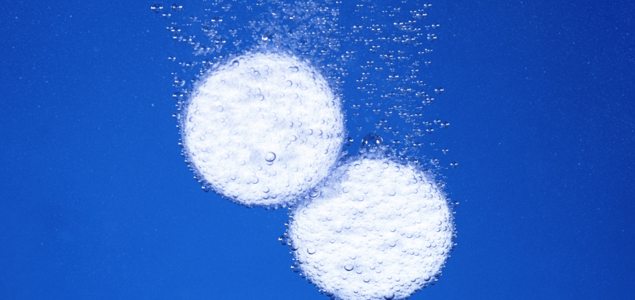Some soluble medicines, when taken at their highest daily dose, could see users exceed their recommended daily salt intake.
According to British researchers the high-sodium medicines, used by millions around the world, could have dangerous consequences.
The study found a link between the effervescent tablets, stroke and heart attacks.
The research compared patients who took the same medications that didn’t contain salt with those who regularly used the effervescent or soluble variations. Those who chose the latter increased their risk of dying from a heart attack, stroke or simile vascular cause by a fifth.
The medication was also found to increase the development of high blood pressure or hypertension sevenfold – the root of the problem argues the study’s lead researcher Dr Jacob George, from Dundee University
“We know that high salt causes hypertension and that hypertension leads to stroke.”
Sodium and bicarbonate are often combined to give medications an effervescent or dissolvable quality. Researchers looked at over 24 types of medications with this quality,including aspirin, paracetemol and supplements.
The danger is that many people buy these types of medication without a script and researchers say they need to be made aware of the risks involved.
They also believe that pharmaceutical companies should look at manufacturing these medicines with less sodium.
Sodium levels in tablets can range between 3mmol and 18mmol – roughly a fifth of a teaspoon. But someone who takes eight soluble paracetemol tablets- the maximum daily dose- would be ingesting almost 150mmol of sodium, exceeding their daily allowance.







